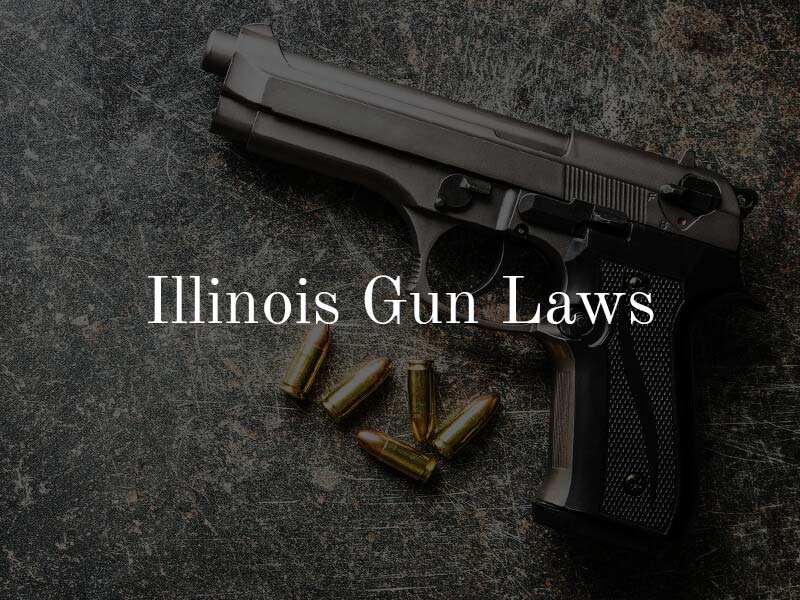Illinois Gun Laws
Catastrophic Injury,Personal Injury - November 25, 2019 by Horwitz, Horwitz & Associates
Americans do have the right to bear arms, but that does not mean their rights are without limits. There are state and federal regulations in place that must be understood because they govern how, when, and why a citizen may own and carry a weapon. These regulations differ from state to state. Violating Illinois gun laws could lead to serious criminal charges and can also lead to a serious personal injury.
General Firearm Laws in Illinois
In order to legally possess firearms and ammunition in Illinois, residents must obtain a Firearm Owners Identification (FOID) card. These are issued by the state police to any qualified applicant. In order to obtain a FOID card, residents must:
- Be 21 years of age or (if under 21, must have the written consent of a parent or legal guardian)
- Be a resident of Illinois
- Not be a prohibited purchaser
- Provide a photograph of themselves
The Illinois Department of State Police will conduct an automated search of its criminal history files as well as with the FBI’s NICS system. They will also check the files of the Department of Human Services relating to mental or developmental disabilities to obtain felony conviction or patient information that would disqualify an applicant.
Non-residents who are allowed to legally possess a firearm in their own state are exempt from having to obtain a FOID card.
Illinois does not limit the number of firearms a person may purchase.
Concealed Carry Laws in Illinois
Illinois is a “shall issue” state concerning concealed carry licenses, though it differs from other states because they give law enforcement the right to object to a CCW being issued if they think the applicant is a danger to the public or themselves. The minimum requirements for a CCW in Illinois are:
- 21 years of age
- Have a valid FOID card
- No felony or misdemeanor convictions involving the threat of physical force or violence within the last 5 years
- Cannot have 2 or more violations related to driving under the influence of alcohol, drugs, or intoxicating compounds within the last five years
- Not subject to a pending arrest warrant prosecution, or proceeding for an offense that could lead to disqualification to own or possess a firearm
- Have not been in residential or court-ordered treatment for alcoholism, alcohol detox, or drug treatment within the last five years
There are many places in which a CCW carrier may not bring a firearm, including schools, government property, detention facilities, hospitals, public transportation, public playgrounds, and more. A person may not carry a concealed weapon to an establishment that serves alcohol if more than 50% of that establishment’s gross receipts within the prior three months were from the sale of alcohol.
There are 26 states that honor the Illinois CCW, but this state does not have honor any other states concealed carry permits. Illinois will issue non-resident permits to those from Arkansas, Mississippi, Texas, and Virginia.
Federal Gun Laws
Firearms owners in every state must obey federal firearms laws designed to protect overall public safety. For example, you must register Title II weapons (machine guns, short-barreled rifles and shotguns, heavy weapons, explosive ordinances, suppressors, and improvised firearms). Undetectable guns, or those that contain less than 3.7 ounces of metal, are prohibited.
Under federal law, the transfer of firearms to convicted felons is prohibited. Gun owners are prohibited from carrying a firearm into a school zone, except for law enforcement. If you or a loved one was injured due to negligence or recklessness with a gun, speak to a personal injury attorney in Chicago. Our team can help you explore your legal options during a free consultation.



